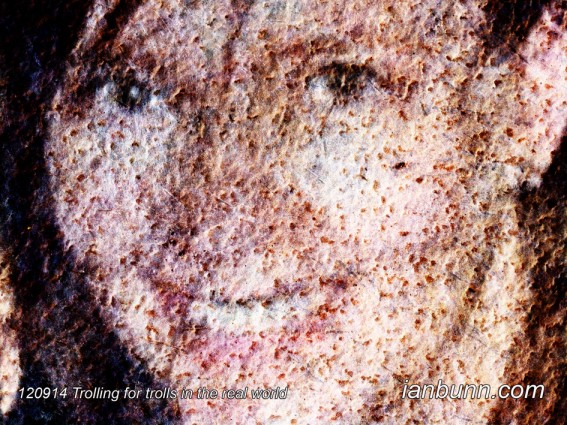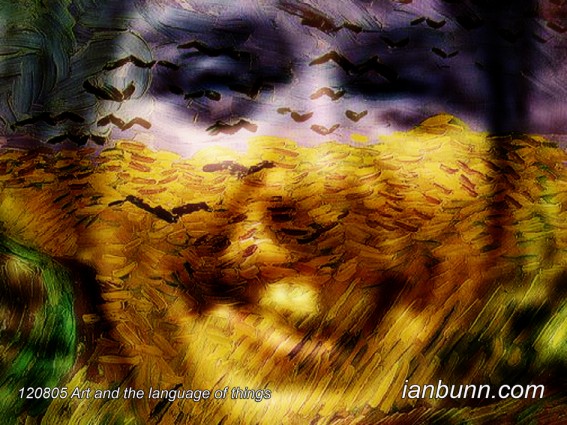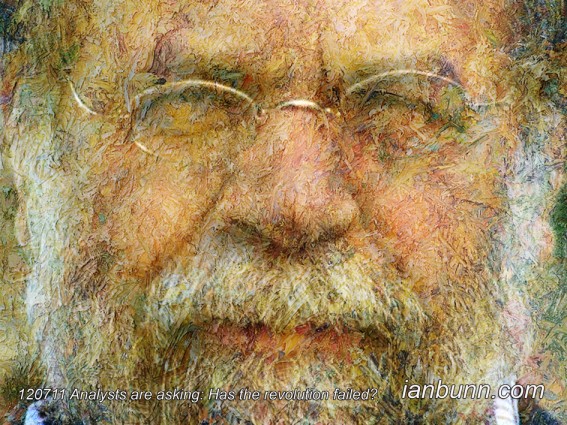 Trolling for trolls in the real world (September 14 2012)
Trolling for trolls in the real world (September 14 2012)
April Alliston the American Professor of Comparative Literature and Guggenheim Fellow has published an article on Aljazeera titled ‘Trolling for trolls in Disney World and the real world’ referring to the increase in internet trolling – much of it misogynistic and damaging. Alliston states “You may have thought trolls were those fairytale ogres who lurked under bridges once upon a time, or maybe those vintage naked plastic dolls with the big shocks of brightly-coloured hair that are so ugly they’re cute. But recently, trolls – fictional and nonfictional – are turning up everywhere, from cyberspace to the school bus, on screens large and small, showing us how fantasy can disturb reality, and folks from schoolboys to grannies can turn into trolls. A global outcry faulted British police last week for penalising trolls who use Twitter for hate speech. After his close friends were ridiculed and lambasted online following the stillborn birth of their child, television host Piers Morgan declared this week, “But what I am going to do is go to war with these trolls.” Earlier this summer another global outcry led to the suspension of schoolboys who aped cyber-trolls in person. The one thing that’s clear is how confused we all are about the line between fantasy and reality, words and deeds, victims and trolls. …While speaking out against internet trolls is gaining momentum, shouldn’t the incidents of cruel trolling be decreasing, not increasing? Instead of rewarding their victim by sending her away from the real world, let’s teach everyone – schoolchildren and adults – that trolling isn’t tolerated.”
Inspired by Aljazeera ow.ly/dtAjD image source Facebook ow.ly/dtB0W

